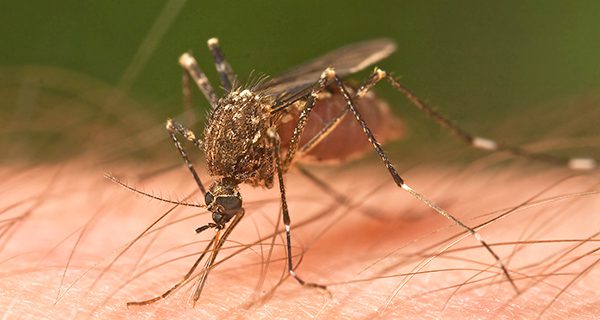[ccfic caption-text format="plaintext"]
By Amelia Tarallo
Hometown Weekly Correspondent
As worries about Zika at the Rio Olympics made national news, local officials determined the presence of a different mosquito-borne illness. Recently, mosquitos found in Norfolk County towns including Dover and Needham tested positive for the West Nile Virus.
Officials made the discovery while testing mosquitos found in the designated trap areas of the towns. During this process, sample pools of mosquitoes were submitted for testing. Within those groups, sometimes containing a hundred mosquitoes, only one mosquito needed to test positively in order to confirm the presence of the West Nile Virus within the towns.
A mosquito becomes infected with the West Nile Virus when they feed on birds carrying the infection. The infected mosquito then passes the virus on when it feeds on humans and other animals.
In 2015, there were three separate isolations that tested positive for the West Nile Virus within Norfolk county. Five isolations have tested positive for the West Nile Virus this year, with more expected to be found before the season is over. This year, there is an especially large chance for finding mosquitos infected with West Nile Virus due to the hot and dry climate.
But there's no need to panic. Only twenty percent of people who do become infected actually have noticeable symptoms; even less get the neurological complications that give the West Nile Virus its deadly reputation. According to The Centers for Disease Control and Prevention, less than one percent of people infected with the West Nile Virus experience dangerous neurological illnesses, such as encephalitis or meningitis. There's only been one diagnosed human case of West Nile Virus in Massachusetts this year. However, people over the age of sixty and those with compromised immune systems are more likely to develop these severe symptoms and should take extra precautions to avoid being infected.
Despite the low risk, residents should still take precautions to avoid being infected by the West Nile Virus. People should use mosquito repellent when going outside during dawn and dusk, which are peak mosquito hours. DEET-based products appear to be the most effective repellent. Lemon eucalyptus, a natural product, also appears to repel mosquitos well. Trading in summer tank tops for long sleeved shirts can help prevent bites.
Mosquitoes also pass the West Nile Virus on to their offspring, making their popular breeding grounds more likely to test positive for the virus. Mosquitoes tend to lay their eggs in stagnant water. Stagnant water is in especially high supply currently, due to the drought in Norfolk county. The Massachusetts Department of Public Health advises emptying out any places that water could collect outdoors and lay without any type of water flow for more than four days. This includes vessels such as kiddie pools, containers, tarps, gutters, bird baths, unused tires, and wheelbarrows.
Mosquitos will continue to inhabit Massachusetts throughout the warm September days. Though Norfolk County Mosquito Control will spray for the last time on September 1, it is advised that residents continue taking proper precaution to prevent being bitten by mosquitos.

























